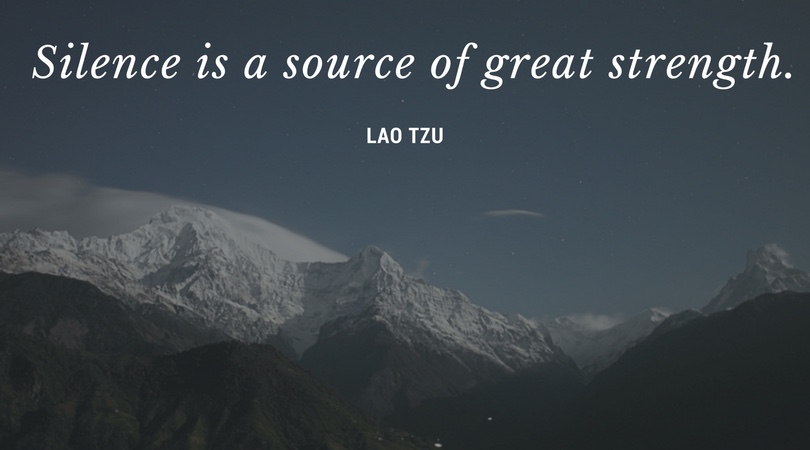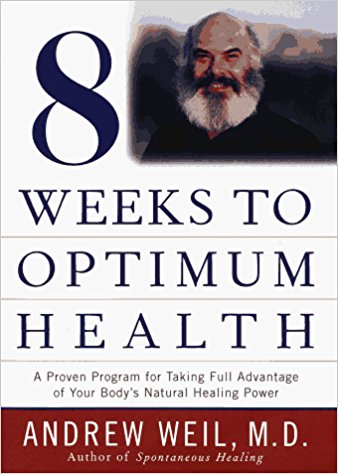 I hope you’ve been enjoying Writing Advice Wednesday for the last few months, but I’m trying something different for the rest of the year’s posts. As well as a relevant video essay I’ve found, I’ll be giving you writing exercises to kickstart you out of a slump or inspire you to reach higher or dig deeper. It’s exercises like this that form part of my One Hour Screenwriter course, which will help you write an entire feature film script in 22 weeks. You can purchase it at the shop here. You can also read testimonies here that show my methods have worked for a variety of writers.
I hope you’ve been enjoying Writing Advice Wednesday for the last few months, but I’m trying something different for the rest of the year’s posts. As well as a relevant video essay I’ve found, I’ll be giving you writing exercises to kickstart you out of a slump or inspire you to reach higher or dig deeper. It’s exercises like this that form part of my One Hour Screenwriter course, which will help you write an entire feature film script in 22 weeks. You can purchase it at the shop here. You can also read testimonies here that show my methods have worked for a variety of writers.
This week, stop looking at your screen!
Fill the silence with your own story
We consume hundreds of thousands of “story bites” every day without ever really noticing.
Newspapers, magazines, books, television, radio and the Internet stream millions upon millions of words into our brains telling us all manner of factual, fake, and fictional tales.
While your own story is taking form, I strongly suggest you undertake a media fast. What is a media fast? It is similar in concept to a food fast.
Dietary fasting helps lighten the body’s physical load and allows it to rest digestively. Taking a break from all the stories in the media can lighten the load on your brain and allow more space for your own story to gestate.
 For years, holistic physician Dr. Andrew Weil has recommended occasionally taking this kind of a media break. He believes media fasts are an integral part of good health and are outlined in his book, Eight Weeks to Optimum Health.
For years, holistic physician Dr. Andrew Weil has recommended occasionally taking this kind of a media break. He believes media fasts are an integral part of good health and are outlined in his book, Eight Weeks to Optimum Health.
Dr. Weil writes: “I think it’s useful to broaden the concept of nutrition to include what we put into our consciousness as well (as into our bodies).” He writes, “Many people do not exercise much control… and as a result take in a lot of mental junk food.”
I strongly suggest you take a break from all factual and fictional media stories for the remainder of this writing program. (Except, of course, viewing for specific assignments.)
Don’t read the newspaper or any magazines. Don’t watch any television news or entertainment programs. Don’t listen to talk radio. Don’t cruise the Internet for news, entertainment or research.
Don’t read any other books, fact or fiction. Don’t even read the jokes and stories people send via email.
When you have downtime or a few spare moments simply allow yourself to be surrounded by silence or instrumental music. Keep the din of media story words completely at bay.
Why is a media fast important? First of all, it will help you feel calmer, more relaxed and focused. Still the relentless media clatter and make more time for idle silence, quiet moments of reflection and staring off into space.
If you find more quiet time to daydream, muse and think, without media distractions, your story will begin to fill your head effortlessly. Listen to your story whispering to you.
Turning off and tuning out all those competing stories will help you tune in and communicate more clearly with your characters.
Don’t forget to get more sleep and allow your unconscious mind to do its important work.
I cannot stress enough that proper rest is a crucial tool to aid your imagination. Do you dream at night? Write down your dreams. Are there any specific dream images or fragments that stick with you after waking? Write them down.
Think about a story problem before going to bed and see what emerges. Write down your first thoughts on waking.
Don’t worry about being politically or socially irresponsible or missing out on important news during your fast. It’s impossible in today’s invasive media world to miss truly significant events. Believe me, someone will tell you if anything really important happens.
Give yourself the gift of a few weeks of silence to allow your story to fill the void you create by turning off the chatter of media stories.
Allow yourself to be bored. Stare and think. Be still. Be at rest.
Listen to the quiet inner voice that is your creative consciousness. Allow your own words to fill the stillness and listen carefully as your characters begin to speak more clearly!
Video Essay of the Week
But before you take a break, here’s an excellent video essay about reactions, not words:
Let me know how you found your media fast by emailing me at [email protected]. I’d love to hear from you as we go forward with more of these writing exercises. .
Until then, remember- all you need to do is Get Started and Keep Going!
– Laurie
]]>
 The Summer Bank Holiday has come and gone (August 28, the last Monday in August).
The Summer Bank Holiday has come and gone (August 28, the last Monday in August).
The August Bank Holiday was originally organized by the Bank Holidays Act of 1871 to give bankers a day off so they could participate in cricket matches. Since then, however, its significance has expanded to a much-beloved summer break intended to give all workers a three-day weekend before the summer ends and employees must return to the workplace and students to their schools.
 The Notting Hill Carnival in London is probably the number one August Bank Holiday event in the whole UK. It is the largest street fest in all Europe, drawing one to two million attendees each year, and it is the second-biggest street carnival on the planet.
The Notting Hill Carnival in London is probably the number one August Bank Holiday event in the whole UK. It is the largest street fest in all Europe, drawing one to two million attendees each year, and it is the second-biggest street carnival on the planet.
The festival was founded in 1964 by London’s Caribbean community to celebrate Caribbean culture, and it has maintained that Caribbean flavor to this day. This year a minute’s silence was held across the whole carnival at 3pm on Sunday to remember those killed when a fire ripped through the 24-storey Grenfell Tower, killing 80 local area people.
The “August Festival” is a collective name for a number of distinct festivals celebrating books, music, theater, comedy, and spoken word performances taking place in Edinburgh throughout the month of August. The festival variety lasts for the greater part of the month and runs through the August Bank Holiday Weekend.
 The Edinburgh Fringe Festival offers edgier avant-garde performances.
The Edinburgh Fringe Festival offers edgier avant-garde performances.
What strikes me as amazing is how sacred Bank Holiday are in the UK. NO ONE is working. NO ONE answers emails. NO ONE returns telephone calls.
In America, people are expected to be reachable on holidays. Not so in the UK. This is just one of the many reasons life is so pleasant here. There is a real life work balance and an expectation that shared family holiday time is important. The nine Bank Holiday long weekends are on top of about 5 weeks paid vacation a year!
And don’t whinge about Brits being less productive. Study after study reveals how important time to regroup and recharge is to creativity and productivity.
]]>